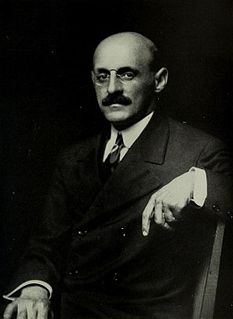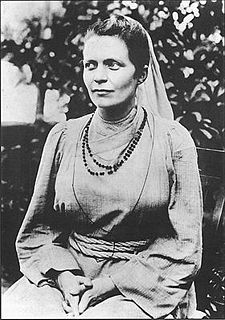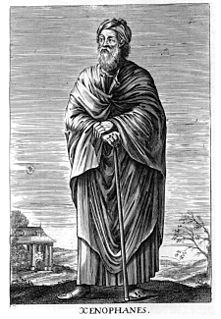A Quote by Amitava Kumar
For me to say that all novels in English written by Indians are all alike would be a bit like saying that all the cows in India look the same and have identical horns.
Related Quotes
We know from our recent history that English did not come to replace U.S. Indian languages merely because English sounded musical to Indians' ears. Instead, the replacement entailed English-speaking immigrants' killing most Indians by war, murder, and introduced diseases, and the surviving Indians' being pressured into adopting English, the new majority language.
I learned to stop being English about things like love. If you make a film in England about love, it's hugely complicated. It's all about saying what the weather is like, and you're secretly telling someone you love them. You know what the English are like; they're very repressed people. You don't get that in India. India is incredibly un-cynical about love. It's a not a complicated thing. It's me, you, love. Let's go.
We must create a history of India in living terms. Up to the present that history, as written by the English, practically begins with Warren Hastings, and crams in certain unavoidable preliminaries, which cover a few thousands of years...The history of India has yet to be written for the first time. It has to be humanized, emotionalized, made the trumpet-voice and evangel of the race that inhabit India.
Give half a dozen men the same camera, lenses and plates, and send them to the same place to do the same thing, and all the results will be alike, or so nearly alike as to reveal the real mechanicalness of photography. Yet, curiously enough, this is just one of the most difficult things a photographer can be set to do, to exactly repeat himself, or another. He may use the identical apparatus, know the subject perfectly, and yet be totally unable to bring away an exact replica.
Some stories I write in Swedish, some in English. Short stories I've almost exclusively written in English lately, mostly because there's such a small market for them in Sweden and it doesn't really pay either. So, the translation goes both ways. What also factors in is that I have a different voice in English, which means that a straight translation wouldn't be the same as if I'd written it in English originally.






































